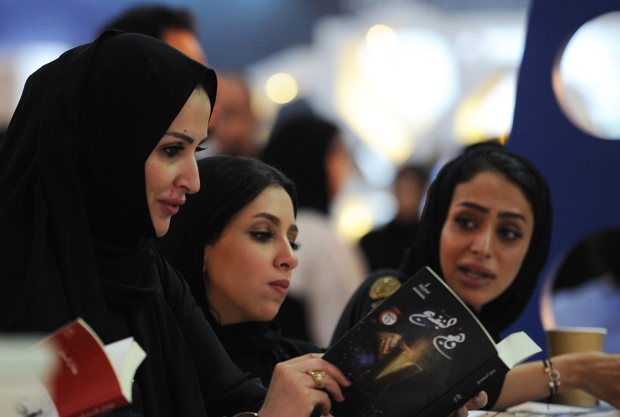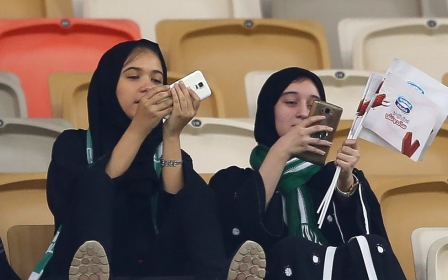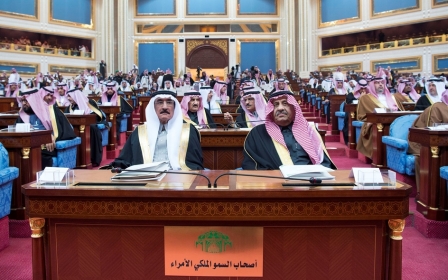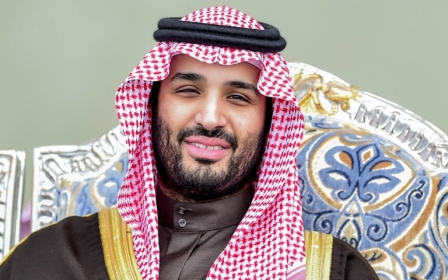BBC's House of Saud: How much of it is real?
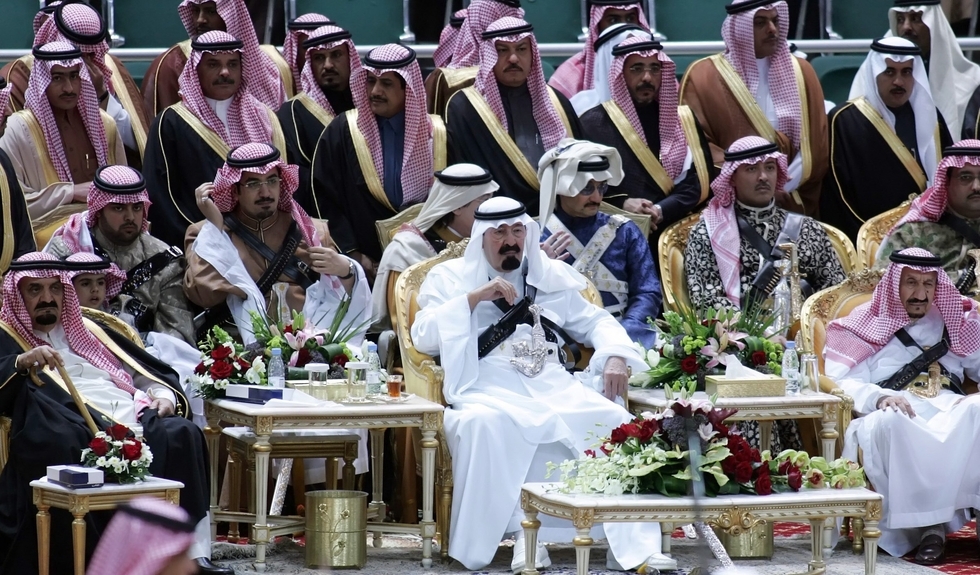
Forty years ago ITV's decision to screen the controversial film Death of a Princess set in motion a massive diplomatic rift between Britain and Saudi Arabia.
The film told the story of how a young Saudi princess called Misha'al and her secret lover Khaled al-Sha'er Mulhallal were caught trying to escape the country and then both publicly executed for adultery.
A devastating film
In the aftermath of the screening of this tragic tale, British diplomatic relations with Saudi Arabia came close to being cancelled. Then British ambassador, James Craig, was asked to leave the country and Saudi Arabia banned British Airways from its airspace.
The last three weeks have seen the screening of a far more devastating film about Saudi Arabia. Well researched and carefully made, it contains relatively little new information. However, it produces a cumulative effect which is devastating about Saudi Arabia, and raises searching questions about Mohammed bin Salman, the crown prince and the country's dynamic new leader.
The question mark hovering over this film is how much of this is real. Is bin Salman merely curbing Saudi corruption as his allies claim, or is he simply grabbing all of the spoils for himself?
All the more extraordinary, it has been screened by the BBC, sometimes accused of being the British state TV channel. This programme isn't. Part one focuses on Saudi Arabian financing and support for international terror from Bosnia, Afghanistan and most recently in Syria.
The fine print about Saudi Arabian government involvement in the purchase of weapons from Bulgaria and transport to groups inside Syria is more detailed than anything I've ever seen of this nature before.
It records the awesome scale of public and private Saudi funding and arming of various Islamist groups in Syria - from Jaish al-Islam to Ahrar al-Sham.
The second part of the series focused on the corrupt relationship between Western nations, arms companies and the Saudi royal family. It focuses on the huge payoffs paid by Western companies to members of the Saudi royal family in order to win business, although strictly speaking they shouldn’t be called pay-offs.
Western contracts use Saudi money to pay off the intermediaries. The amounts involved can exceed 50 percent, and the film shows the problem has got worse as time has gone by.
The final section exposes the hypocrisy and law-breaking of the Saudi ruling elite over sex, gender, human rights and other issues.
No complaints
There have been no reverberations and no complaints as there were after Death of a Princess. This is sensible from a Saudi point of view. The film highlights the huge issues which endanger Saudi Arabia's survival over the medium term, and if I were MBS I would want as little attention paid to it as possible.
The film suggests that the early generation of Saudi leaders, above all King Faisal, were not corrupt. Financial and sexual corruption appear to have grown exponentially over time as a hardy race of desert Bedouin converted into a decadent race of Westernised playboys in the space of two or three generations.
And now comes Mohammed bin Salman. The Saudi crown prince has behaved in a way that no Saudi ruler has ever done before. He is in the process of seizing absolute power within Saudi Arabia, hence the seizure of the assets of so many wealthy Saudis.
Crucially, bin Salman has done nothing to install a dividing line between the royal family and the state
For decades there has been a carefully sustained power balance inside the House of Saud. Bin Salman has ended that. He wants to be the only source of power and patronage in the kingdom.
This means ending the deal struck between his ancestor Ibn Saud and the Wahhabi religious establishment almost 100 years ago. Under that arrangement the Saudi royal family and the religious leadership carefully carved out separate spheres of interest.
Bin Salman has locked up Wahhabi preachers, curbed the powers of the religious police and challenged the dogmatic conservatism of the religious elite by allowing women to drive and go to football matches.
The religious elite was allowed to encourage jihad overseas but never at home. Bin Salman claims to be inventing a so-called "moderate" Saudi foreign policy which will be acceptable to his allies in the West, in particular Donald Trump’s United States of America. No more so-called "extremism".
A palace coup?
The question mark hovering over this film is how much of this is real. Is Mohammed bin Salman merely curbing Saudi corruption as his allies claim, or is he simply grabbing all of the spoils for himself? Has he truly brought to an end violent Jihad as an instrument of foreign policy?
Crucially, bin Salman has done nothing to install a dividing line between the royal family and the state. Under his rule the assets of the House of Saud are the same as those of the Saudi state and vice versa. Bin Salman has done nothing to confront this.
Until he does so, his pledges about modernisation are empty.
This means I don't believe that bin Salman can last for long. He has insulted his own family and insulted the religious elite. He has chosen his allies very poorly. Neither US President Donald Trump nor Israeli Prime Minister Benjamin Netanyahu are likely to last for long. Most likely bin Salman will fall to a palace coup.
But I can't help wondering whether his fate may not resemble more closely Mohammed Reza Shah of Iran.
The conditions are ripe for an Islamic revolution in Saudi Arabia. For years Saudi Arabia has been a source of violence and instability across the Muslim world. The fall of the House of Saud, one of the most corrupt and decadent dynasties the world has ever known, would help resolve the crisis that currently convulses Sunni Islam.
- Peter Oborne won best commentary/blogging in 2017 and was named freelancer of the year in 2016 at the Online Media Awards for articles he wrote for Middle East Eye. He also was British Press Awards Columnist of the Year 2013. He resigned as chief political columnist of the Daily Telegraph in 2015. His books include The Triumph of the Political Class, The Rise of Political Lying, and Why the West is Wrong about Nuclear Iran.
The views expressed in this article belong to the author and do not necessarily reflect the editorial policy of Middle East Eye.
Photo: King Abdullah bin Abdul Aziz (C), Prince Meshaal bin Abdul Aziz (L) and Prince Miteb bin Abdul Aziz (R) look at royal princes taking part in the traditional Arda dance or War dance during the Janadriyah Festival of Heritage and Culture on the outskirts of the Saudi capital Riyadh, late 20 February 2007 (AFP)
Middle East Eye propose une couverture et une analyse indépendantes et incomparables du Moyen-Orient, de l’Afrique du Nord et d’autres régions du monde. Pour en savoir plus sur la reprise de ce contenu et les frais qui s’appliquent, veuillez remplir ce formulaire [en anglais]. Pour en savoir plus sur MEE, cliquez ici [en anglais].



